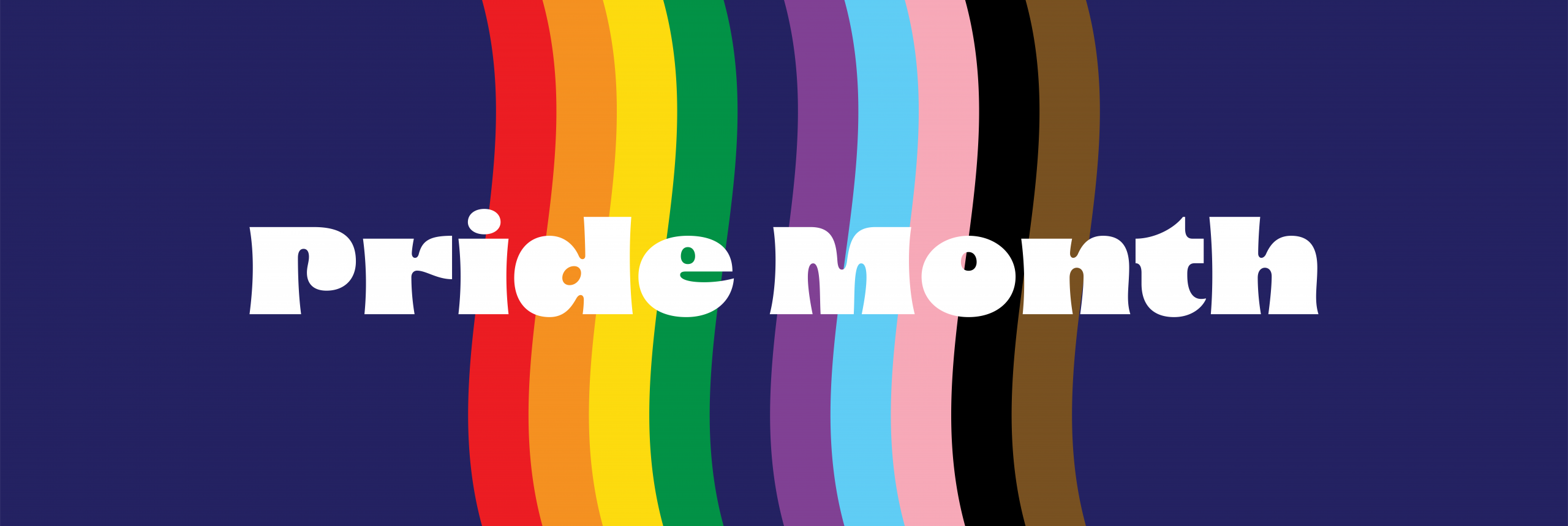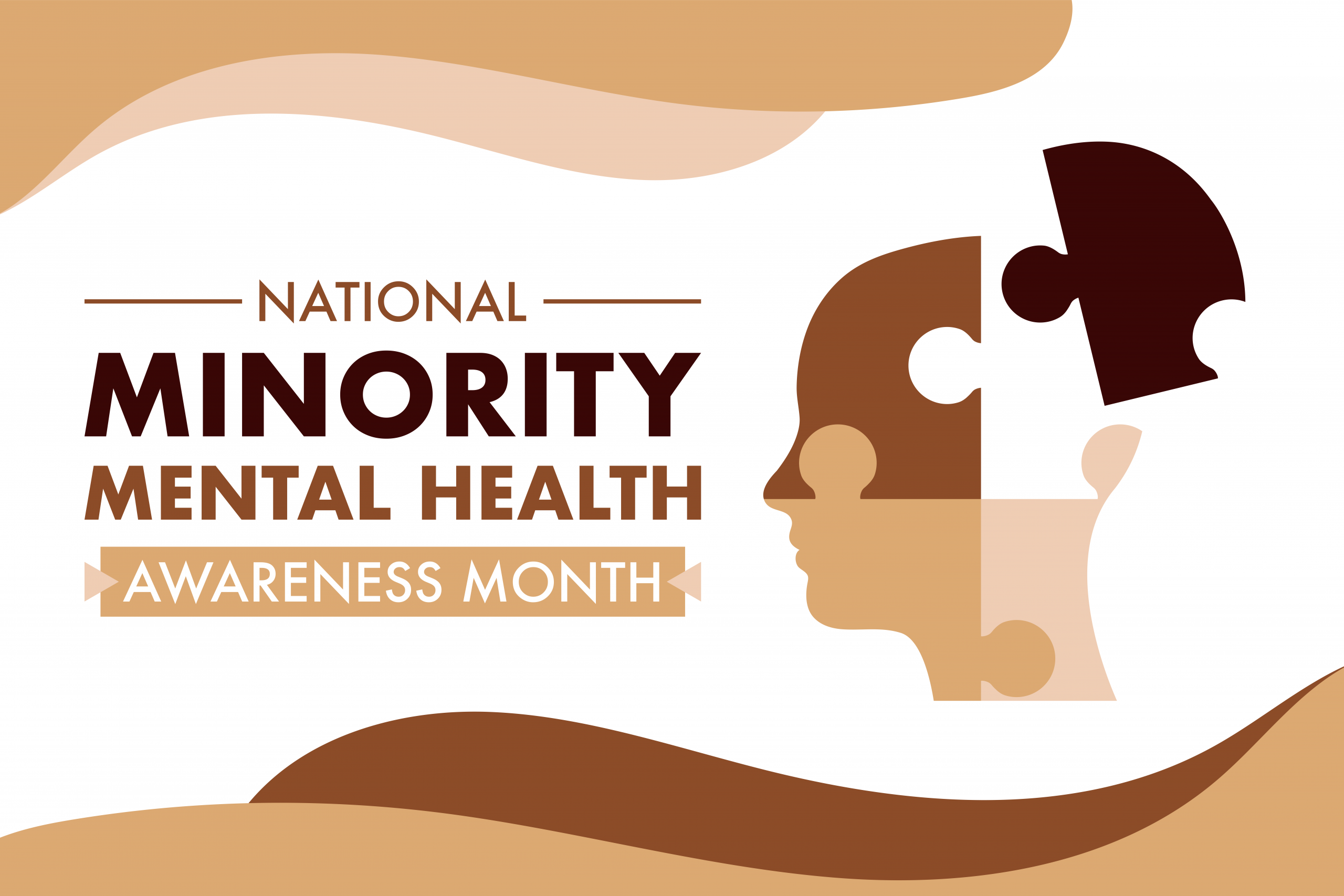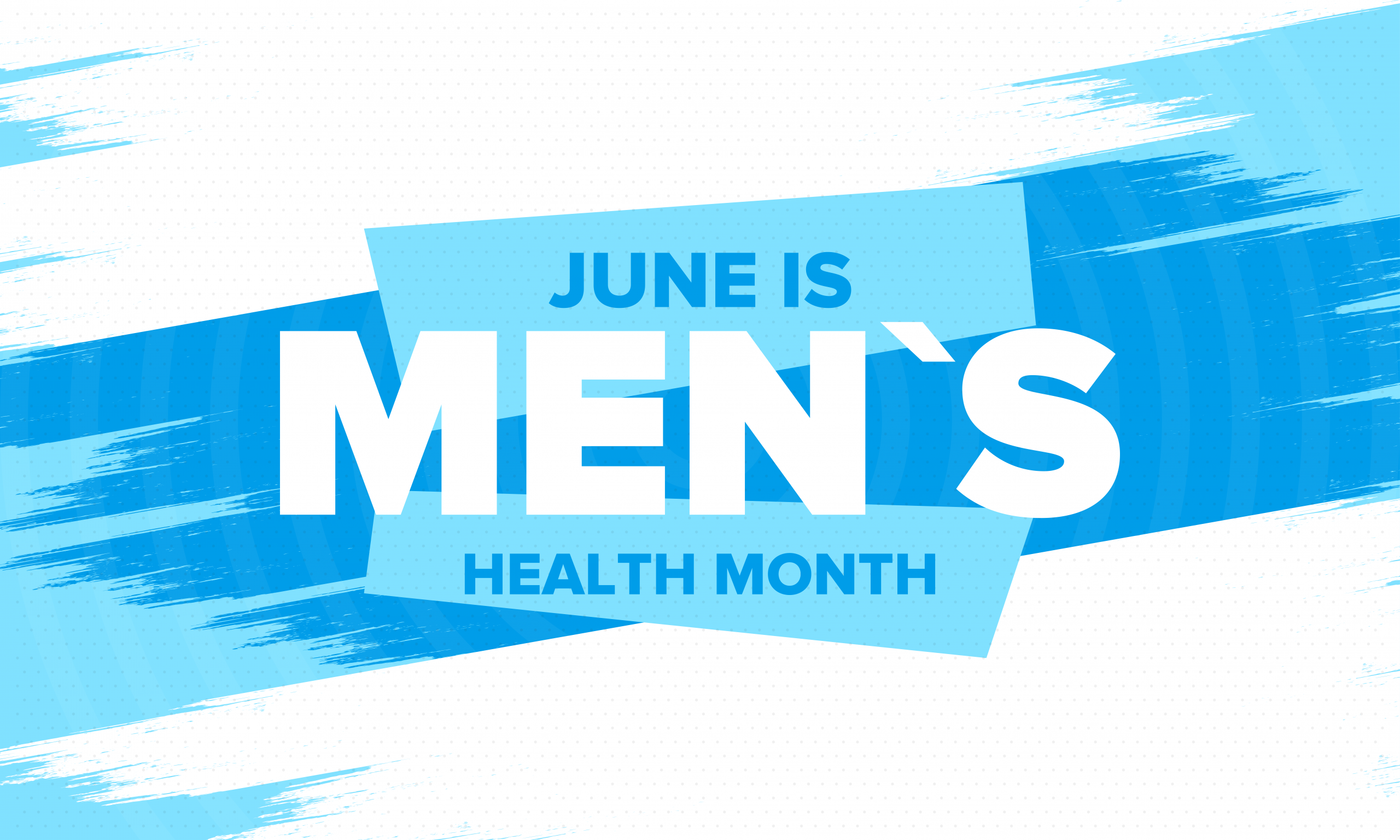

It’s all in the numbers: How Sexual Orientation and Gender Identity (SOGI) data can move us closer to understanding health outcomes in the LGBTQ+ community
By: Omar A. Escontrías, DrPH, MPH, Senior Vice President, Equity, Research and Programs
Let’s raise the rainbow flag to commemorate Pride Month. Pride is the time of year to celebrate the contributions, progress, and tenacity of the lesbian, gay, bisexual, transgender, queer/questioning (LGBTQ+) community. A 2023 report commissioned by the University of California, Los Angeles (UCLA), School of Law, Williams Institute, estimates that 5.5% (13.9M) of the U.S. adults identify as LGBT, with the majority of the concentration located in the South (35.9%, 5M).
Though these data are important to highlight, we understand that the number of LGBTQ+ individuals exceed these estimates. The same UCLA institute conducted earlier studies determining estimates for the transgender community in the U.S. These studies suggest that over 1.6M adults and youth identify as transgender. It is important to note that these numbers potentially reflect those individuals who are out, while acknowledging the anti-LGBTQ+ rhetoric that instills fear in living your authentic self. Additionally, despite the progress in utilizing large surveillance systems on a subset of the U.S. population, such as the Behavior Risk Factor Surveillance System or the Youth Risk Behavior Survey, the U.S. continues to grapple with the lack of health systems that integrate sexual orientation and gender identity (SOGI) into practice.
High-quality patient-centered care requires high-quality data. The rise of electronic health records (EHR) across U.S. health care organizations failed to modernize collection of data on communities historically excluded from the health care ecosystem. SOGI data were no exception. Therefore, methods that enhance SOGI EHR data and surveillance may lend support to developing and tailoring interventions aimed at decreasing disparities in the LGBTQ+ community.
In 2016, the U.S. Health Resources and Services Administration (HRSA) mandated federally qualified health centers (FQHCs) to mobilize their internal data systems to comply with reporting requirements on SOGI data. A large 2023 study conducted across almost 1300 FQHCs determined an increase in the SOGI data completeness since the HRSA mandate. Specifically, FQHCs located in southern United States, serving predominantly low-income and African American patients were more likely to have completed SOGI data. However, further research is needed to bolster SOGI data completeness in larger community level health systems.
From a national perspective, one of the actions of the 2022 Executive Order 14075 on Advancing Equality for LGBTQ+ Individuals, was to provide recommendations and best practices for Federal agencies to refine measures on the collection of SOGI data on federal statistical surveys. Although not a panacea, the recommendations outlined through this executive order are useful in the development of research agendas that reflect the health realities of sexual and gender populations.
Data are imperative to detecting challenges, creating social change, and identifying solutions to dismantle ongoing systemic issues in our health care ecosystem. The integration of SOGI data into local, state, and national surveillance systems moves us closer to achieving these goals.


